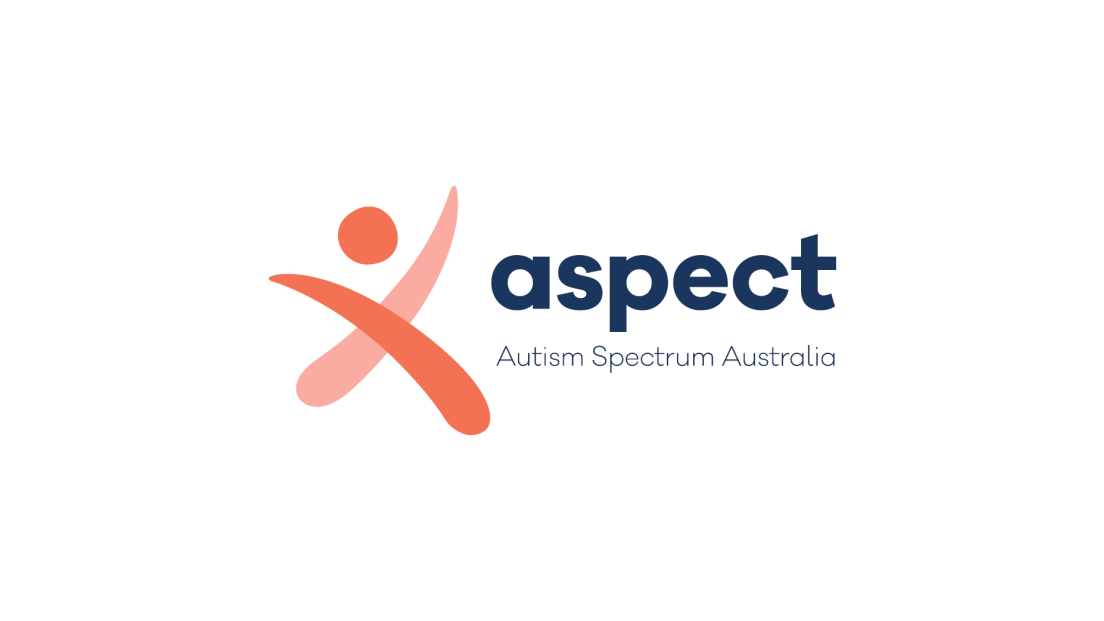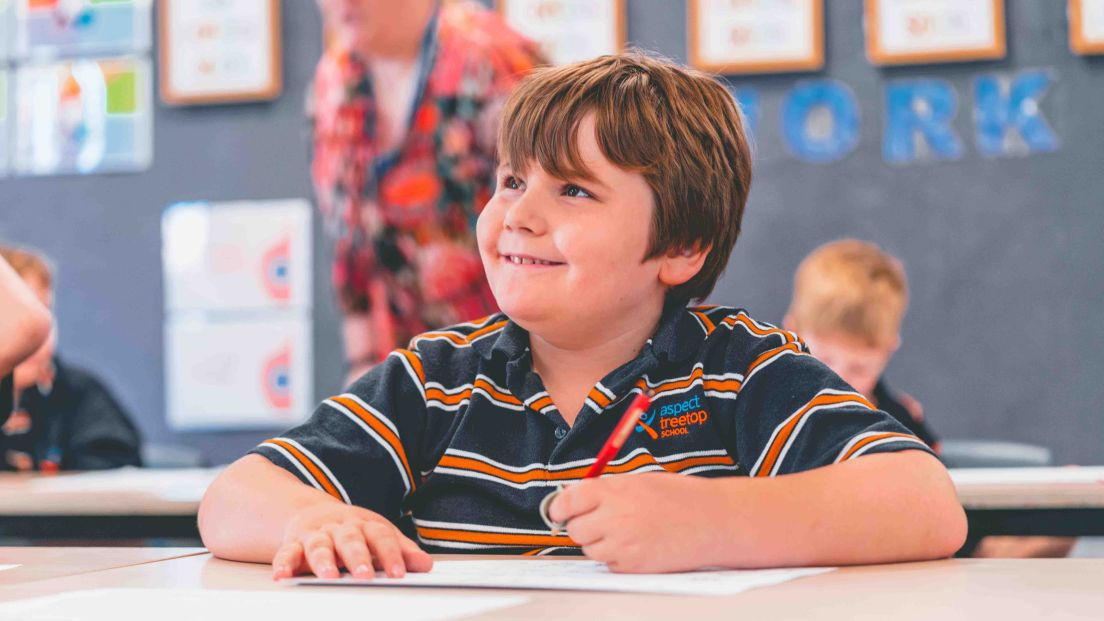Plus, 69% of autistic adults face barriers to organised sports
SYDNEY, AUSTRALIA: A new research study by the Aspect Research Centre for Autism Practice (ARCAP) shows lower participation in organised physical activity and sports by Autistic children and adults, despite a willingness to take part. The study, which investigated major barriers to participation and ways to mitigate these, indicates 74 percent of Autistic children would like to participate in organised physical activity more than they currently do and 69 percent of adults face barriers joining organised sports.
The research shows that while some young Autistic children may participate at a similar level to their peers, as they age, particularly as they become adults, there is a clear pattern showing Autistic people engage in less physical activity compared to non-autistic people.
Dr Chris Edwards, Postdoctoral Researcher at ARCAP said there is an unmet need and strong desire within the Autistic community for more accessible and inclusive opportunities for physical activities.
“Many Autistic people experience discrimination, misunderstanding of their communication and sensory needs and exclusion in sports,” said Dr Edwards. “Our findings show that negative past experiences significantly contribute to Autistic individuals disengaging entirely from sports, which is of major concern, considering 70 percent of Autistic people experience mental health challenges and would benefit from physical activity.
“While personal challenges do exist, the study revealed a major hurdle for Autistic individuals is managing how others react, particularly when they share their Autistic identity, with some participants reporting ‘cold shoulders’ from team members and clubs.
“The good news is that there are positive steps that can be taken to create a more inclusive sporting culture. The study revealed this can be achieved through improved understanding and attitudes, along with reviewing club policies to mitigate accessibility issues, all key to increasing organised sports participation across the autism lifespan in Australia,” said Dr Edwards.
The study showed the top five barriers impacting Autistic people’s participation in physical activity are:
- Communication differences - difficulty following instructions, understanding rules of the game and talking to coaches and teammates (69 percent for children, 52 percent for adults)
- Sensory differences - loud noises, uncomfortable uniforms, close proximity to teammates (65 percent for children, 46 percent for adults)
- Lack of awareness of autism (57 percent for children, 27 percent for adults)
- Physical difficulties – poor coordination, hard to master skills (45 percent for children, 27 percent for adults)
- Feeling excluded or left out (41 percent for children, 33 percent for adults)
Dr Edwards said that addressing these issues is critical to ensuring that everyone, regardless of their neurodiversity, feels welcome and accommodated in organised physical activities and sports in Australia.
“Aspect’s Autism Friendly team, which works with organisations to create autism friendly environments, is using the research findings to help sporting associations and clubs create better opportunities for Autistic individuals to enjoy the benefits of physical activity,” added Dr Edwards.
The study revealed the top recommendations to making physical activities more inclusive are:
- Work with sporting organisations to provide autism training and resources to improve staff/volunteer knowledge, skills and inclusive practice.
- Partner with sporting bodies to pilot flexible program options including non-competitive streams, mixed age groups, sensory-friendly uniforms.
- Advocate for sporting organisations to allow support persons to accompany Autistic participants to training and games.
- Develop guidelines and resources to assist sporting organisations in addressing barriers like communication differences and anxiety.
- Promote stories of Autistic sporting participation to build community awareness and tackle stigma.
- Facilitate opportunities for Autistic community input into program design. Showcase examples of inclusive physical activity programs that are working well.
For more information: https://www.autismspectrum.org.au/about-autism/our-research/physical-activity
For more information: Karen Keech karen@establishedpr.com.au 0411 052 408
About Aspect and ARCAP
Autism Spectrum Australia (Aspect) is Australia’s largest autism-specific service provider, with one of the world’s biggest autism-specific schools programs. A not-for-profit organisation, we work in partnership with people of all ages on the autism spectrum and their families to deliver distinct services, practices and research that recognise a different brilliant® - understanding, engaging and celebrating the strengths and interests of people on the autism spectrum.
The Aspect Research Centre for Autism Practice (ARCAP) the research arm of Aspect. We conduct participatory research that is translated into respectful, proven practices to positively impact the lives of Autistic people, their families and carers.



